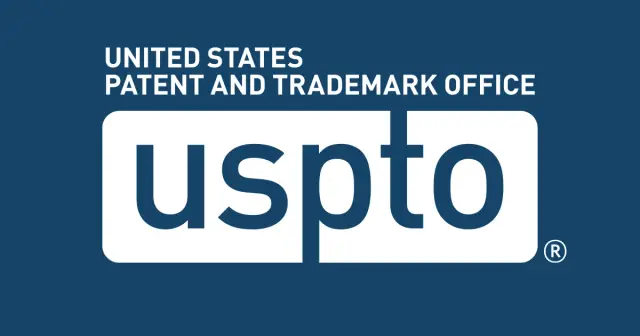OpenAI Fights for Trademark Rights to GPT Amid Slew of Infringements and Counterfeit Apps
OpenAI is seeking to trademark GPT (Generative Pre-trained Transformer) amidst a surge in counterfeit apps flourishing under the brand's popularity.

As OpenAI's brand gains rapid recognition, the startup finds itself battling to protect its GPT moniker, which stands for Generative Pre-trained Transformer. The recent explosion in popularity of ChatGPT and GPT-4 has led to a wave of counterfeit apps and trademark applications including ThreatGPT, MedicalGPT, DateGPT, and DirtyGPT. In response, OpenAI has applied for a trademark for GPT and sought expedited processing from the United States Patent and Trademark Office (USPTO) to protect their intellectual property.
Unfortunately for OpenAI, the USPTO dismissed their request, finding that the necessary fees and documentary evidence were lacking. As a result, the startup will have to wait up to five more months for a decision, and the outcome remains uncertain, according to Jefferson Scher, a partner in the intellectual property group of Carr & Ferrell and chair of the firm's trademark practice group.
In conversations about OpenAI's chances in securing the GPT patent, Scher highlights the fact that the descriptive origins of the acronym may not pose an issue in establishing the brand. The recent emergence of OpenAI into the mainstream market, however, may make it more difficult to argue that the company has built up their brand and established proprietary status for GPT.
As the process continues, OpenAI must overcome opposition from market competitors who may challenge the GPT trademark application based on public perception. The USPTO will have to determine if the acronym is indeed perceived as proprietary, rather than attributed to generative AI more generally. Establishing public perception could involve conducting a survey of Americans or looking at the use of GPT in public writing and media.
Regardless of the outcome, Scher's opinion is that GPT has reached a point where it is not just three random letters, and that startups looking to adopt the acronym should proceed with caution. If OpenAI can establish that GPT is a famous trademark, they may be able to prevent others from using the acronym broadly, even though doing so would be costly. In this drawn-out process, the more time that passes, the greater the likelihood that OpenAI will succeed in protecting their brand.
As no-code and low-code platforms like AppMaster.io become more popular, it may come as no surprise that trademarks and protection of intellectual property are becoming increasingly important in the tech industry. The battle that OpenAI currently faces highlights the need for companies to take early measures to protect their brand and the intellectual property associated with the products they develop.





